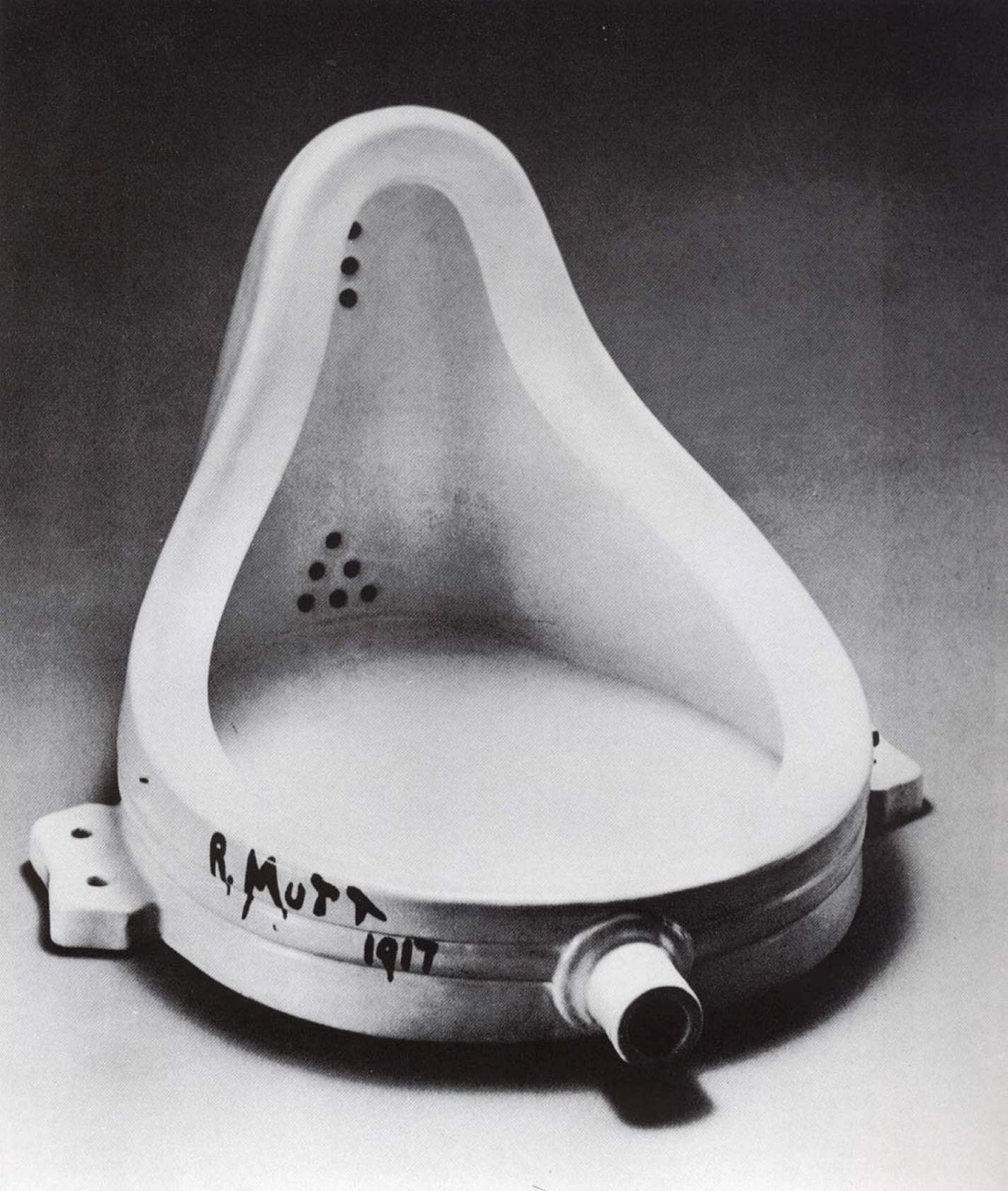Over the last several years, articles have been published in the scientific community verifying the medical use of cannabis. Last week I wrote about my use of medical marijuana that helped combat the side effects of cancer and chemotherapy. I am ever grateful for the compassionate care I received from my doctors and care givers. In my own treatment, I was glad for the part Western medicine played. However, I also know what an important role cannabis was in my treatment and I wish others the same opportunity because medical marijuana may have even further therapeutic possibilities for combating cancer than we ever realized. Research has shown in clinical trials involving mice that cannabis can kill cancer cells. Yes, you read that right. Cannabis can kill cancer cells. It is important to know not only that cannabis can be used to kill cancer, but how.
In our bodies, our cells divide, reproduce, as well as die; through the orchestration of DNA, we continuously remake ourselves. Once a cell has lived its life cycle, it puts itself through a process called apoptosis, a sort of cell suicide. The cell marks itself “not of use” and your immune system notes that it’s tagged for destruction and kills it. But cancer cells don’t play by the rules. They refuse to go through apoptosis, somehow fooling the immune system into believing they belong in the body, meanwhile, continuing to mutate, forming a tumor. The use of chemotherapy in cancer treatment is a simple yet eviscerating way to treat these cells. Chemo makes no distinction between cancer cells and regular cells; it kills everything, leaving the immune system highly compromised as your body scrambles to create healthy cells. However, cannabis has been shown to be able to distinguish between the body’s normal, healthy cells, and cancer cells allowing it to force the cancer cells into apoptosis, while protecting the body’s other cells.
The National Cancer Institute’s Physician Data Query cancer information summary states that “Laboratory and animal studies have shown that cannabinoids may be able to kill cancer cells while protecting normal cells. Studies in mice and rats have shown that cannabinoids may inhibit tumor growth by causing cell death, blocking cell growth, and blocking the development of blood vessels needed by tumors to grow.” It goes on further to say, “A study in mice showed that cannabinoids may protect against inflammation of the colon and may have potential in reducing the risk of colon cancer, and possibly in its treatment.” As a colon cancer survivor, I read that last sentence and had to pick my jaw up off the floor. While the first part sounds like complementary or alternative medicine, “reducing the risk,” sounds preventative. But a noticeable gap in this very thorough paper: No human trials.
The reasons for this go back to some of the first attempts at marijuana research in the early 1970s. During the Nixon administration, the National Institutes of Health funded the Medical College of Virginia to research the effects of marijuana on the brain. The then-newly-formed Drug Enforcement Agency hoped to find a conclusive connection between what they considered degenerative behavior and cannabis use. The scientists in Virginia not only failed to find any negative consequences in marijuana use, they found unexpected benefits. The marijuana was killing the cancer cells while leaving the healthy ones alone, and where they had expected to see a drain on the immune system, it appeared enhanced. By 1976, President Ford halted all research except that done by pharmaceutical companies in an attempt to synthesis cannabinoids. During the Reagan administration, copies of the original research from the Virginia college were destroyed, as well as other copies in colleges across the United States.
But in 2000, researchers at Complutense University of Madrid were able to duplicate and expand on the research suppressed decades ago. Microbiologist Dr. Christina Sanchez and her team observed that when they introduced cannabinoids into cells with cancer, the cancer self-destructed.
Marijuana has a unique ability to synthesize with the body’s naturally-occurring endocannabinoid system, giving it a wide variety of therapeutic effects, most of which are still unknown because of the lack of research and clinical trials. And while there are clinical trials being conducted in Spain, and even Israel, the United States refuses to acknowledge the medical benefits of cannabis, keeping it a classified as a Schedule I narcotic with no medicinal value, completely ignoring the scientific community at the expense of cancer patients. With state legalization a reality, why is the federal government so intent not only on keeping marijuana illegal at the federal level, if not to continue to not just stall, but stymie life-saving medicine? Could it be because the billion-dollar cancer industry is not actually in the business of curing cancer, only creating medicines to treat its symptoms? Is it not because the pharmaceutical companies are holding our scientists and our rights to adequate research hostage in the name of greed?
Meggie J is a published poet and freelance writer living in the Four Corners. She is an avid reader, rafter, and connoisseur of cannabis. She can be reached at [email protected].













